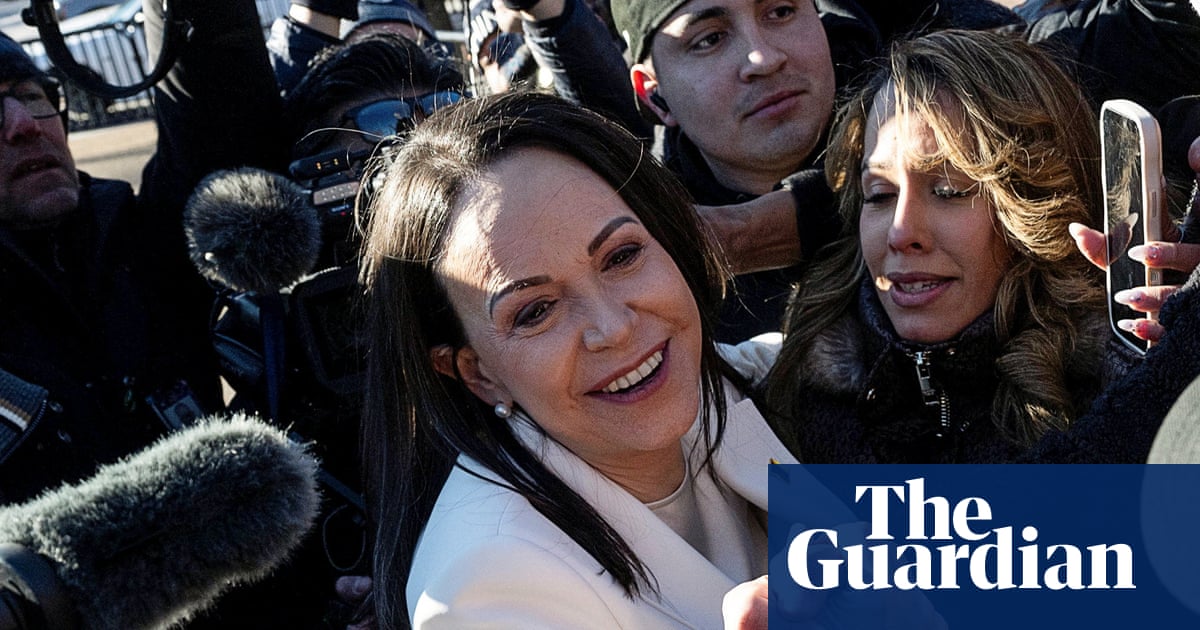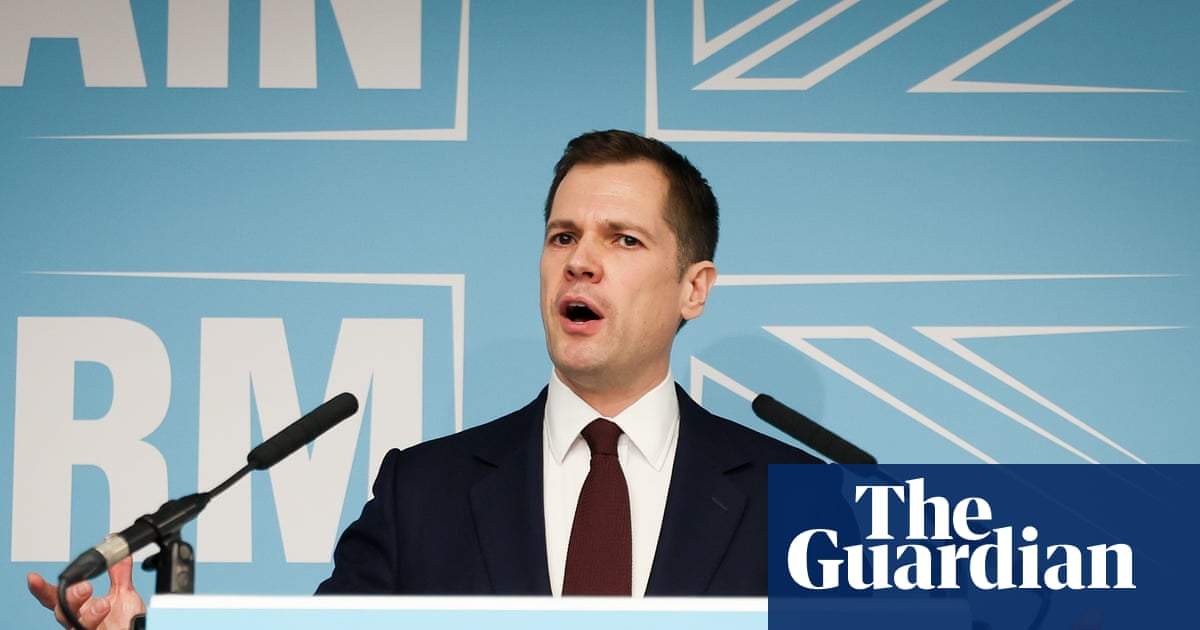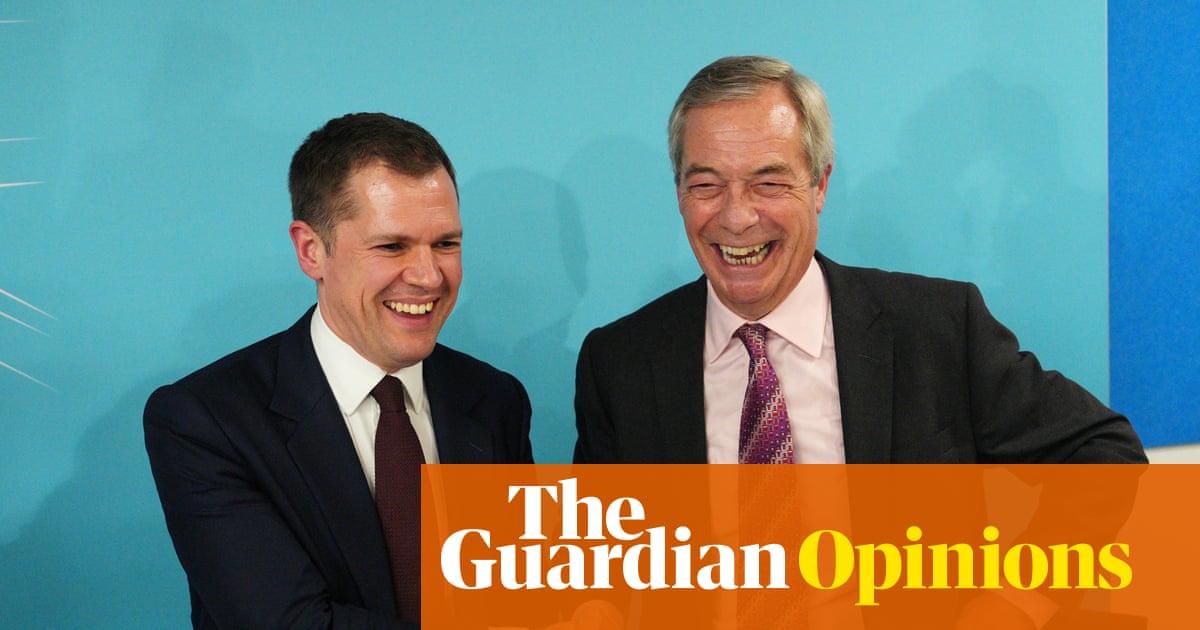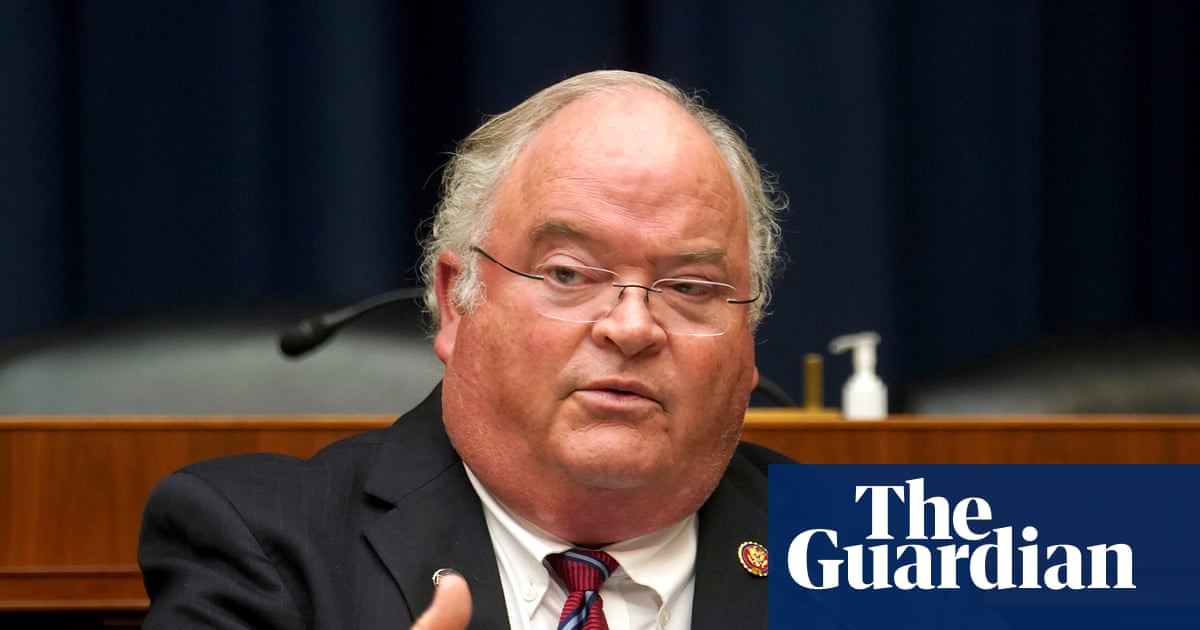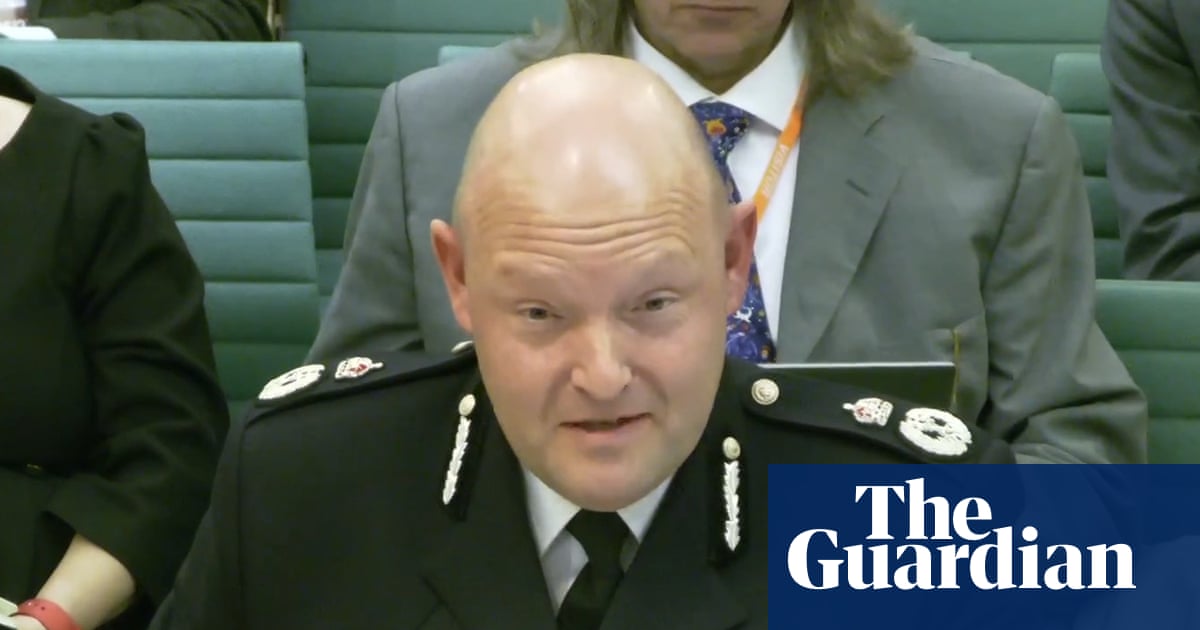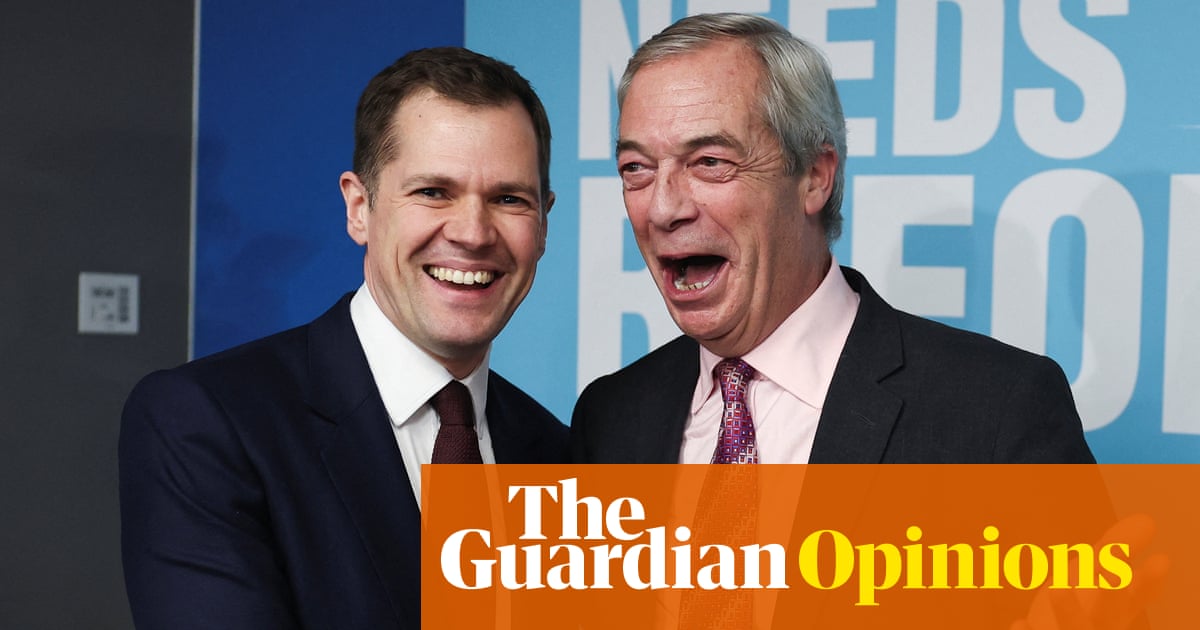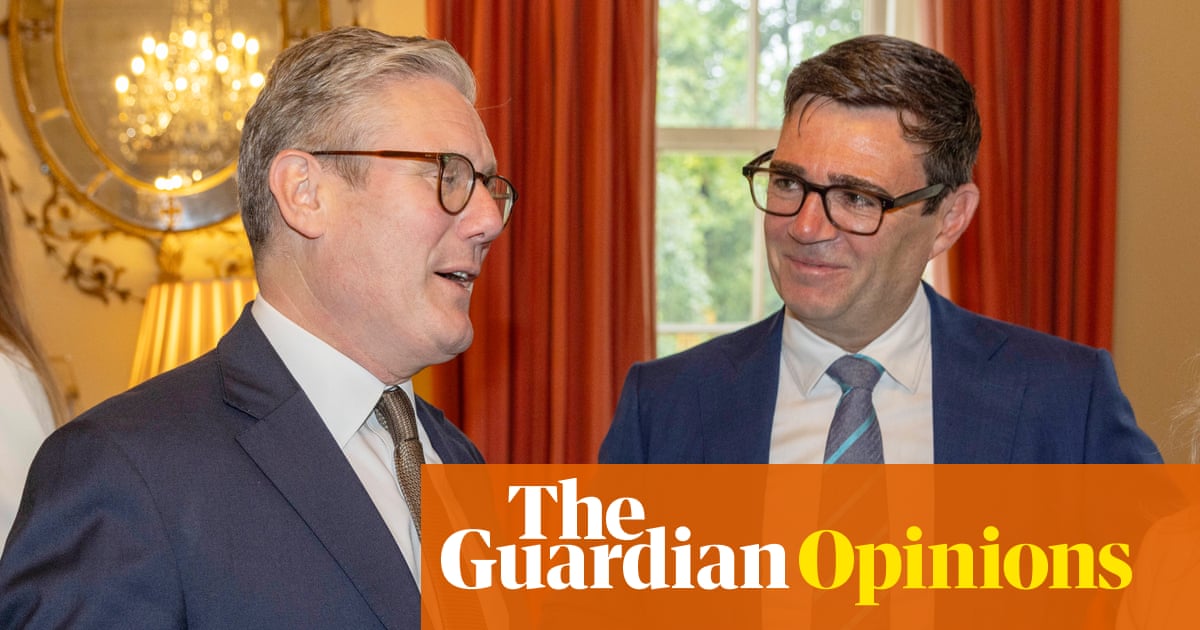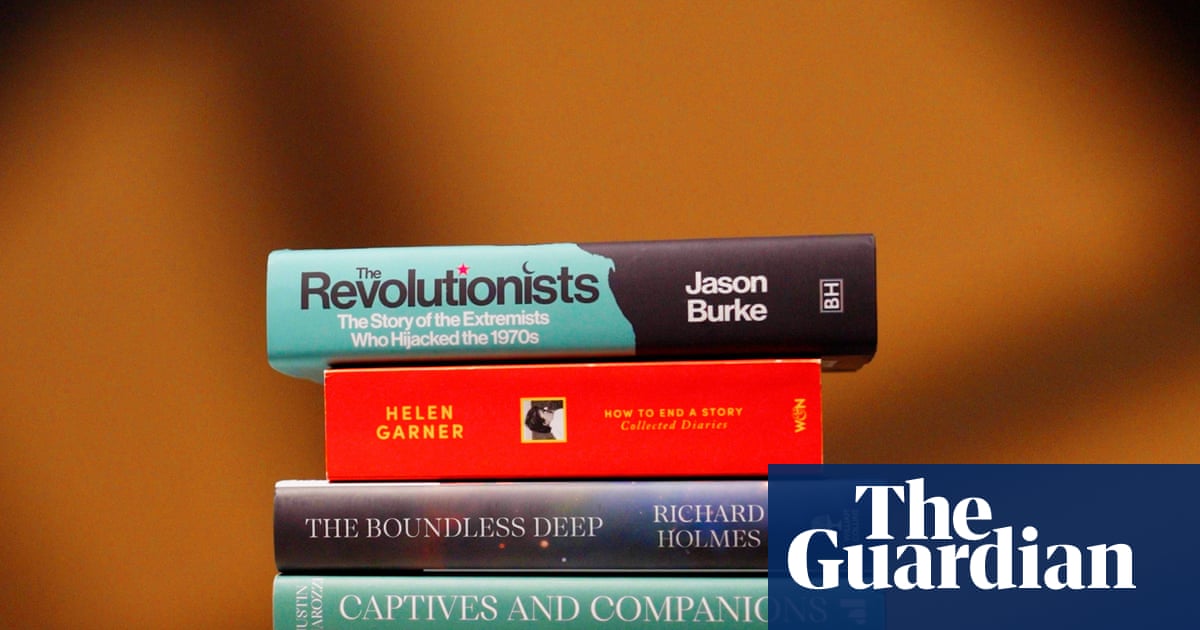Kemi Badenoch is relaunching the Conservative party’s “advisory board” for high-value donors in a different guise, the Guardian has learned.
The Tory leader has drawn up plans to reinstate the exclusive group, which provided top donors with regular direct access to senior ministers, according to two people briefed on the plans.
In 2021, the Conservative party’s advisory board found itself at the centre of a “cash for access” storm after it emerged that its members had regular meetings and calls with Boris Johnson, the prime minister at the time, and Rishi Sunak, the then chancellor.
One donor, Mohamed Amersi, told the media that some members of the board had given the party upwards of £250,000 a year. It was quietly wound up in subsequent years after the controversy.
Badenoch’s decision to relaunch the board is a sign of her efforts to keep money flowing into the party’s coffers. Despite concerns, donations have held up in the year since the Tories experienced their worst-ever election defeat.
Party officials are still deciding what the advisory board will be named in its new iteration. It is likely to grant top donors access to Badenoch and shadow cabinet members, giving them the ability to argue for party policy to protect their interests.
There are fears inside the Tory fundraising team that Labour’s policies, including the crackdown on non-dom tax status, are driving super-rich donors out of the UK.
A Conservative party spokesperson declined to comment.
One Tory source said the party had raised well over £500,000 since its conference last month, where Badenoch’s speech and policy announcements, including the promise to abolish stamp duty, were well received.
Another source with knowledge of the party’s internal workings said it had long maintained different tiers of donors, including the “leader’s group”, with those who give the most rewarded with the best access to the party leader and top team.
Unlike the leader’s group, the existence of the advisory board was never publicly advertised or disclosed before it was revealed in 2021 by the Financial Times, which reported that its members used their access to Johnson and Sunak to call for public spending cuts, lower taxes and a more Thatcherite economic policy.
The Conservative party’s fundraising efforts at the time were managed by Ben Elliot, a businessman and founder of the Quintessentially concierge service, who was credited with “supercharging” Tory party donations while co-chair. His tenure was dogged by controversy and he stepped down when Liz Truss became prime minister in 2022.
In an interview earlier this week, Badenoch said the Conservatives nearly ran out of money after the election and were at risk of going bankrupt. The party has faced intense competition for donors from Nigel Farage’s Reform UK.
Badenoch told the BBC she had been “working furiously behind the scenes” to keep donors on board during her first months as leader and that this “actually took quite a lot of [her] time” which could have been spent campaigning and drawing up policy.
The Guardian revealed in April that the Tories had lost one of their biggest donors, the founder of the home repairs business, HomeServe’s Richard Harpin.
Nevertheless, Electoral Commission records show that the Conservatives have outstripped other parties by raising £8.4m in cash so far this year, compared with Labour’s £5.9m and Reform’s £3.3m.
Those who have supported the party this year include Jez San, a video game tycoon who has donated £2m, and Chris Rea, a Northern Irish industrialist who donated £200,000.
Reform UK has attracted some support from former Tory donors, including a long-promised £500,000 from the property billionaire Nick Candy.
Reform has also received £200,000 from Bassim Haidar, a billionaire IT investor and former Tory donor, and £100,000 from Johan Christofferson, a hedge fund manager and fox-hunting enthusiast who previously gave money to Johnson.

 2 months ago
70
2 months ago
70
